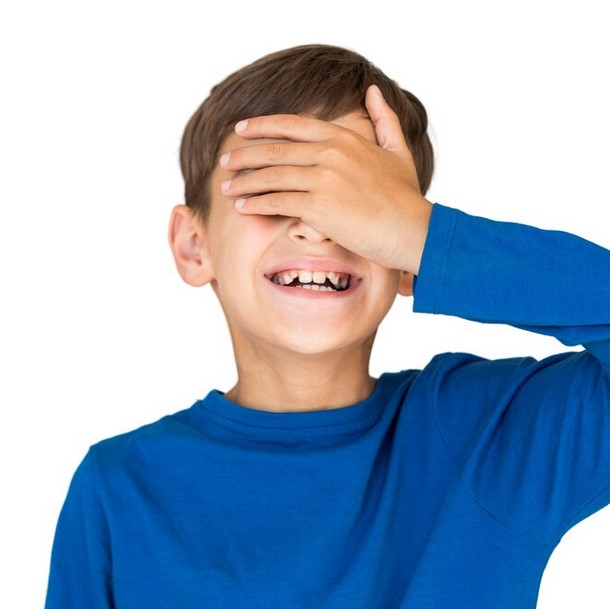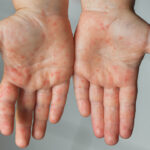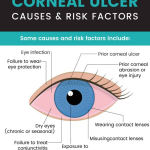Many people believe that lazy eye problems cannot be corrected. However, ophthalmologists state that it is possible to address this issue at an early stage with proper medical consultation. Pediatricians recommend that surgery for congenital cataracts be performed before the age of two. For non-congenital cases, glasses are often the preferred solution. Early intervention generally leads to better outcomes.

Baby Lazy Eye Care
Today’s children face significant eye strain due to study pressures, continuous TV watching, and prolonged screen time from computers and video games. A little awareness and care can help keep their eyes healthy.
Primary Eye Care Tips
- Annual Eye Exams: Children should have their eyes checked once a year starting at age three, especially if parents have high eye power.
- Eye Cleaning: Clean children’s eyes with cold water 3 to 4 times daily. For very young children, use a sterilized cotton ball soaked in water.
- Teach Eye Care Habits: Teach children to wash their eyes with cold water when tired, avoid continuous computer games, and not read books too closely.
- Sun Protection: Use a wide-brimmed hat or sunglasses to protect their eyes from strong sunlight.
- Screen Time: Limit time spent watching TV and playing video games.
- Reading Posture: Avoid reading books while lying down, as it can harm the eyes.
- Symptoms: If a child complains of blurred vision or headaches, see a doctor immediately.
- Medication: Do not use any eye drops or medications without consulting a doctor.
For Children Who Wear Glasses
- Regular Eye Exams: Have their eyes examined every six months to catch any changes in vision promptly.
- Choosing Frames: Let children choose their frames to encourage regular use.
- Consistency: Ensure that glasses are worn consistently to prevent worsening of vision.
- School Notification: Inform the school if the child has a habit of not wearing glasses regularly.
- Extra Pairs: Keep 2 to 3 pairs of glasses available since they can easily break during play.
- Sports and Swimming: Consult a doctor about contact lenses for sports or swimming.
Contact Lenses
- Young Children: Avoid giving contact lenses to young children unless recommended by a doctor due to the care required.
- Teenagers: Teens with high vision can use contact lenses.
- Proper Use: Learn and follow the doctor’s instructions for cleaning, wearing, and removing contact lenses.
- Replacement: Replace contact lenses as recommended. Wearing the same lens for too long can harm the eyes.
- Water Exposure: Remove lenses while showering or sleeping.
- Sharing Lenses: Do not share or interchange colored lenses with others, as this can lead to severe infections.
When to See a Doctor
- Frequent Stumbling: If the child stumbles and falls frequently.
- Reading Difficulties: If the child has difficulty reading or drawing.
- Distant Vision: If the child struggles to see distant objects or squints.
- Close Reading: If the child reads books too closely.
- Close TV Viewing: If the child watches TV from an unusually close distance.
By following these guidelines, parents can help ensure their children’s eye health and address any issues promptly.





















